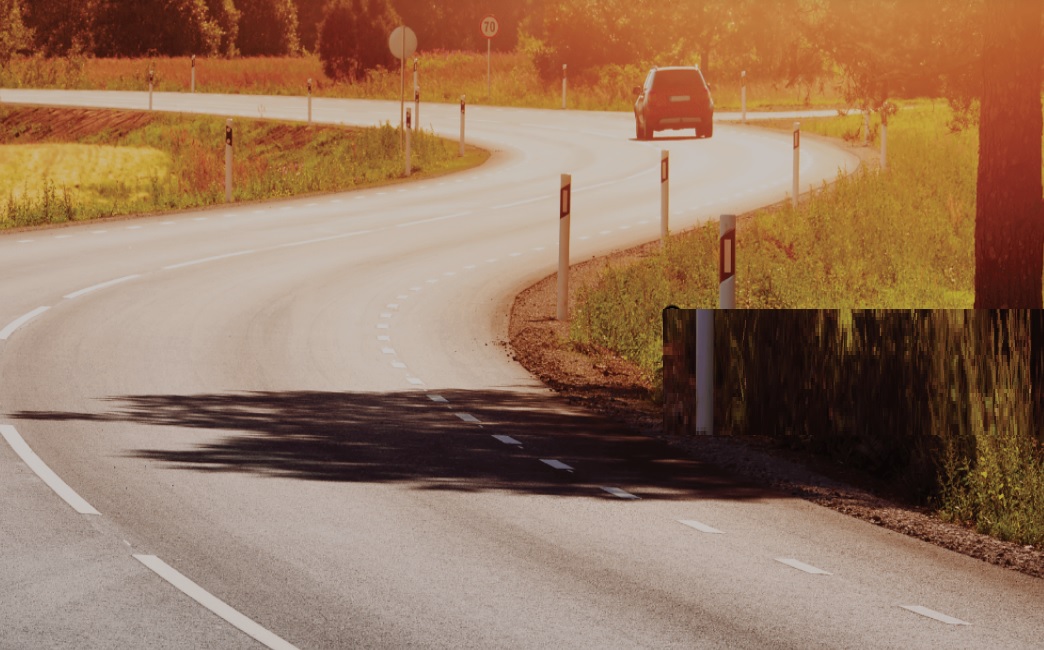
WACO, Texas – The seven white crosses standing along North Valley Mills Drive in Waco are reminders.
As roadside memorials for a tragic event that happened more than seven years ago, the crosses remind loved ones of the seven young people taken from their lives. The memorials also warn of the consequences of drinking and driving. Such is the purpose of such displays throughout the state.
Seven young people in two cars were killed the night of June 27, 2013, when a 1989 Pontiac Grand Am crossed a median in the 300 block of North Valley Mills Drive and veered into an oncoming Chevrolet Camaro. Two people survived the accident, although one of the survivors was stabbed to death almost five years later. The accident was believed to be one of Waco’s worst. Waco police said alcohol was the main factor in the wreck.
The crosses were erected by the victims’ families with the help of Mothers Against Drunk Driving. Karen Housewright, Texas state director of MADD, said she believes that crosses erected along highways in the state have helped drivers keep in mind what can happen when alcohol and driving is combined.
“I think over the past 20 years the public awareness of drunk driving has increased,” she said. “I think seeing the crosses put up helps make the public more aware.” Housewright said the organization is sensitive to other faiths and also helps families erect such symbols as a Star of David or a simple wooden pole.
Rita Hill, president of the Central Texas MADD, said the memorials have a powerful effect on those who see them. She said people sentenced in area criminal courts for offenses such as drunk driving to community service are often sent to clean up around the memorial.
State District Judge Martha Jane Trudo in Bell County will sometimes sentence those convicted of driving while intoxicated to put wreaths at the roadside crosses, Hill said. “They are also used to get the attention of people,” she said.
The very public displays along roadsides also serve a very private function.
“For the family, it’s the place where their lives fundamentally changed,” said Michael C. Kearl, a sociology professor at Trinity University in San Antonio and former Orlando estate planning lawyer. Kearl studies death and dying issues. Memorials alongside state-maintained highways may only be placed for victims who died from accidents where driving while intoxicated or driving under the influence were involved. Memorials may also be erected at sites where state troopers have been killed in the line of duty. Ken Roberts, Texas Department of Transportation spokesman in Waco, said the problems his agency sees with respect to memorials are mainly in placement or form.
“Because of the location we may not be able to mow. Also, people will sometimes build an elaborate type (memorial) that may pose a safety hazard,” Roberts said. “We have to establish specifications and guidelines, but from the standpoint of where the cross is put it is where the right of way is unobstructed.”
The memorial generally must be lightweight and, if made out of metal, must have holes in it so it will break away if struck by a car, he said.
There is no set policy regarding streetside memorials in Waco and probably won’t be unless problems arise, said Assistant City Manager Larry Groth.
“If you looked at the ordinances it probably would be prohibited,” he said. “But they obviously serve good purposes. If it helps a family work through grief, it’s good. If it helps young kids think about not drinking and driving, it’s good.”











